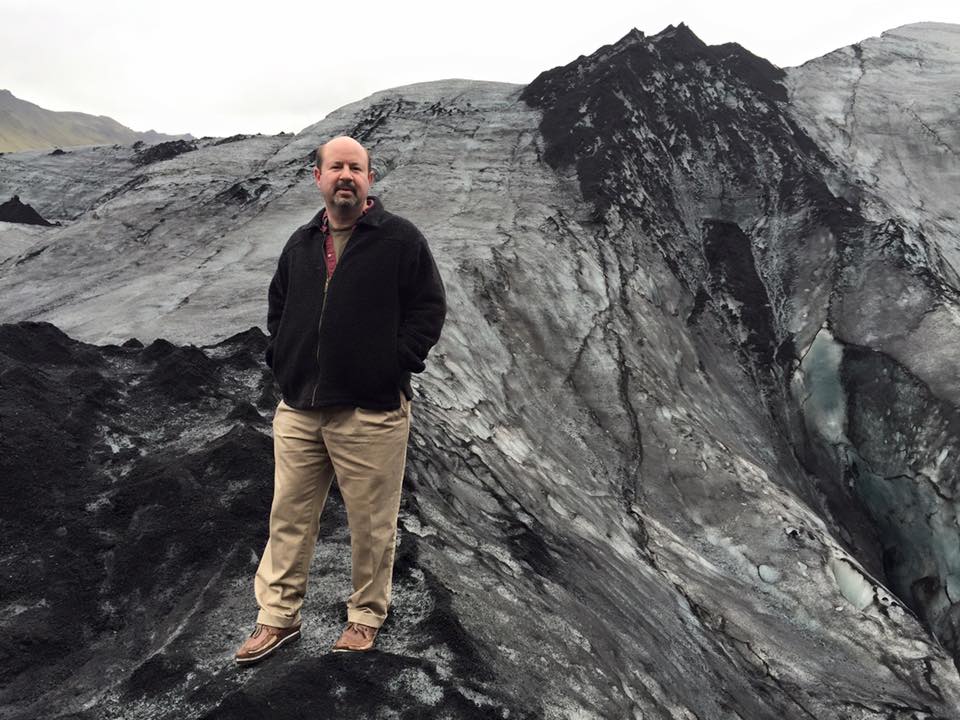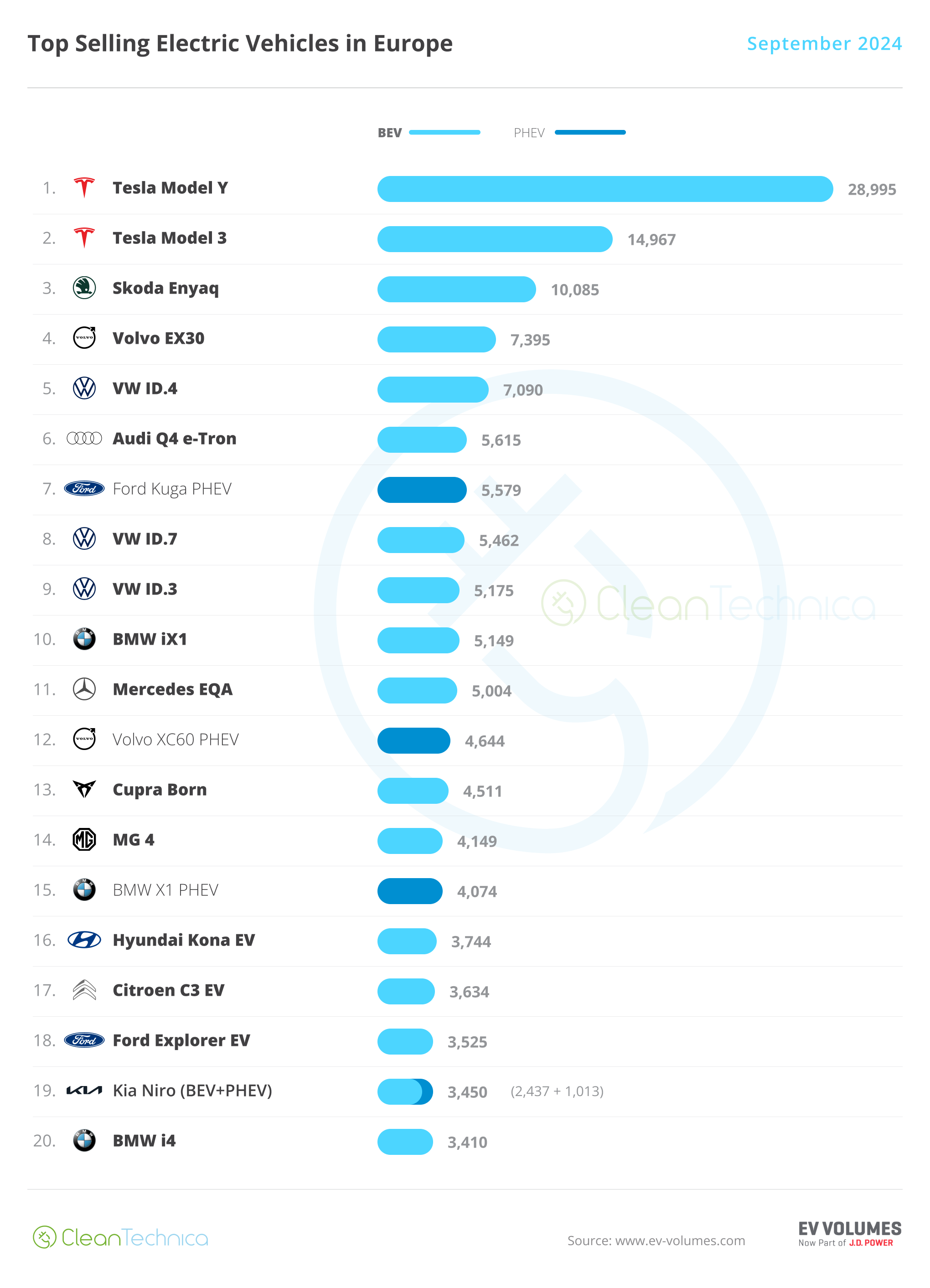Sign up for daily news updates from CleanTechnica on email. Or follow us on Google News!
Michael Mann is well-known to CleanTechnica readers. You can listen to a podcast we did with him in March of 2020. Mann is primarily famous — and rightly so — for helping create the iconic “hockey stick” graph 25 years ago that illustrates the dramatic upward trend in average global temperatures we can expect if we continue pouring gigatons of greenhouse gases into the atmosphere. That graph became the raison d’être for Al Gore’s movie, An Inconvenient Truth.

Image courtesy of Michael E. Mann
For his efforts, Mann, who is the director of the Center for Science, Sustainability & the Media at the University of Pennsylvania, has been viciously attacked as a charlatan and opportunist by apologists for the fossil fuel industry. Despite being placed under surveillance and having his reputation besmirched, he collaborated with cartoonist Tom Toles on a book about climate change called The Madhouse Effect, which attempted to gently educate people about the climate crisis.
With his deeply personal knowledge of climate denial, Mann recently sat down for an interview with Vox to talk about the latest tactics the fossil fuel crowd is using to rebut the message he and his fellow climate scientists are trying to promote.
Mann says the hockey stick incited a furious backlash from the fossil fuel industry because up until that time, climate science was a place were academia and research scientists labored in relative obscurity, spitting out reams of data that were difficult for ordinary people to comprehend. Most areas of human endeavor develop their own lexicon for their members to communicate with each other, and if you don’t know the code, you can’t understand what is being said.
The hockey stick graph transcended all the jargon and presented the data in a way that non-technical people could immediately understand. “It was easy to understand from looking at that graph that we were having this profound impact on the planet. It became an iconic graph in the climate debate and it led me to the center of that fractious debate,” Mann told Vox.
Michael Mann & The Climate Wars
The attacks came from a “virtual constellation of think tanks and front groups, most of which were tied to fossil fuel companies or conservative donors like the Koch brothers or the Scaife Foundations. Any time the finding of science has found itself on a collision course with powerful vested interests, those vested interests have often sought to discredit the science,” Mann said.
“There was really an effort to discredit the science, often by discrediting the scientists. And I found myself at the receiving end of personal attacks that were intended to discredit the hockey stick curve because it was perceived as such a threat.”
One day, he received a white powder in an envelope delivered to him in the mail. “It turned out it was cornmeal or something. It was intended to intimidate and scare me. And there were demands from conservative politicians that I be fired from my job at the University of Pennsylvania. Fox News, the Wall Street Journal, vilifying me to their audiences. It was a full throttle effort to discredit me because of the threat of the hockey stick curve that I had published.”
Today, the battle has moved on, Mann said. “The actual public survey work that’s been done shows that it remains a fairly small fraction of the American public, roughly 10 percent, who are climate dismissives. So in reality, most people have moved on. The vast majority of the public gets it. They understand because they can see it, they can feel it. It’s not like the fossil fuel industry has given up. They’re still doing everything they can to prevent us from moving on. But they’ve largely moved away from denialism.”
Words That Start With D
The new strategies he sums up as other words that start with D. “There’s delay. There’s division. Get climate advocates fighting with each other about whether they are vegans or not or whether they drive a car or not. Get climate advocates fighting with each other so you divide and conquer the movement. That’s division.
“Delay — ‘Oh, look, we can fix the problem with geoengineering, with carbon capture down the road. Trust us, we’ll be able to fix it.’ So ‘let us continue to burn fossil fuels now. We will fix it later.’ Delay. And that’s what they want. They want people disengaged on the sidelines rather than on the front lines. We see these tactics literally playing out today.
Another tactic is downplaying the seriousness of the problem. Mann refers specifically to Rex Tillerson, former CEO of ExxonMobil. He acknowledged publicly that global heating was real while “actively campaigning to downplay the detrimental impacts of the climate crisis while playing up techno fixes like geoengineering. In fact, Rex Tillerson was quoted saying that climate change is an engineering problem.”
“The idea here,” Mann said, “is to say ‘Look, we can continue to extract and burn and sell and burn fossil fuels because we have all these techno fixes, other things that we can do to the climate system.’ Such things include trying to offset the warming by shooting particles into the stratosphere that reflect sunlight or dumping iron into the ocean to fertilize the algae that will take up the carbon dioxide, take it out of the atmosphere.
“Or massive carbon capture, we’ll just suck the CO2 back out of the atmosphere. That can’t be very hard, right? Well, actually, no. It’s really expensive and really difficult to do. And so [there are] these very elaborate schemes to try to somehow put the genie back in the bottle rather than the obvious solution, which is to keep the genie in the bottle in the first place, by not extracting and burning fossil carbon and putting it into the atmosphere.”
Deflection
Mann said another tactic of the fossil fuel companies and their highly paid apologists is to deflect people’s attention from the latest news about global heating. “There’s been an effort by the same bad actors to deflect the conversation away from regulation and the needed policies which will hurt their bottom line — carbon pricing, cap and trade, what have you — to redirect the conversation against those systemic changes and policies that will hurt them financially and turn attention instead to individuals.”
He draws an analogy to the well known Crying Indian ad that was presented as a public service announcement, but was actually created by the beverage industry to blunt the calls for bottle bills across the country. The message was that all those billions of empty bottles and cans were not the fault of the companies, but rather due to irresponsible individuals who refused to pick up after themselves.
“That same playbook is being used today by carbon polluters,” Mann said. “In the early 2000s, the very first widely used and publicized individual carbon footprint calculator, where you could calculate your carbon footprint and figure out how to change your lifestyle to make it smaller, was created and publicized by British Petroleum, [which] wanted you so focused on your individual carbon footprint that you failed to note theirs.
“That’s why we need policies, because individuals can’t put a price on carbon themselves. They can’t block the construction of new fossil fuel infrastructure. These are all things that only our politicians can do.
“And so that’s where we are today. Deflection remains one of the key tactics. And a lot of good people have fallen victim to it. A lot of environmentalists will tell you, ‘yeah, the solution is just us decreasing our carbon footprint. You need to become a vegan, you can’t have children, you shouldn’t fly.’ Ironically, that framing helps the fossil fuel industry even more because it plays to this notion on the right that climate action is about controlling people’s lifestyles.
“One of my favorite Onion headlines from 2010 was, ‘How bad for the environment can throwing away one plastic bottle be?’ 30 million people wonder.’ This isn’t completely on the individual. But if 300 million Americans woke up tomorrow and said, ‘I never want to put gas in my car ever again,’ that would change the world.
The Power Of Incentives
One of the topics we talk about regularly at CleanTechnica is how the economic system promotes bad behavior because there is no economic incentive to do the right thing. “People in general won’t make voluntary decisions to change their lifestyle in a way that would appear to impact their quality of life unless there’s some incentive. It needs to be cheaper for people to purchase energy that’s not warming the planet and destroying the environment because right now we’ve got our thumb on the wrong end of the scale. And so you need that price signal. You need policies that will collectively move everybody in the right direction without them having to actively think about it.”
Doom & Gloom
Michael Mann had a rather public disagreement recently with another noted American climate scientist, James Hansen, the man who told Congress about the danger of global heating a decade before the hockey stick graph appeared. Hansen indicated the world has already crossed over into a period of cascading climate disasters. Mann believes there is still hope. He spoke to Vox about “doomism.”
“Doomism has actually been weaponized by bad actors to convince even environmentalists that, ‘Hey, it’s too late to do anything anyway, so you might as well just give up trying to solve the climate crisis,’ Mann said. “People who are ostensible climate advocates and environmentalists insist that it’s too late and we just have to accept our fate.
“There are events, like mass extinction events in the past, that some of these doomists will point to and say, ‘Look what happened to the dinosaurs, what happened during the so-called Great Dying 250 million years ago when 90 percent of all species died out because of a massive release of carbon into the atmosphere through an episode of massive volcanism, that’s happening today.’
“There are prominent actors in the climate space who are literally making this claim. And they’re doing so by misrepresenting what the record of Earth history actually tells us about those events. We are at a fragile moment. We’re not yet past the point of no return. But if we don’t take substantial action and do so immediately, then we are due for some of those potential worst-case scenarios. So it is still up to us.”
Summing Up
Where do we go from here? Michael Mann has a hopeful message for us all. “We have to be determined now to take the actions that are necessary while we still can. Let’s be clear. We should all do everything we can within the constraints of our own lifestyles to minimize our environmental impact and to minimize our carbon footprint.
“But the most important thing individuals can do is to use their voice and their vote, because the policies that we need in place — to decarbonize our economy, to lower carbon emissions by 50 percent over the next decade — the only way we can accomplish that is with policy. And so we need to vote for politicians who will do what’s right by us and act on climate, rather than the politicians who too often are simply acting as rubber stamps for polluters.”
Have a tip for CleanTechnica? Want to advertise? Want to suggest a guest for our CleanTech Talk podcast? Contact us here.
EV Obsession Daily!
I don’t like paywalls. You don’t like paywalls. Who likes paywalls? Here at CleanTechnica, we implemented a limited paywall for a while, but it always felt wrong — and it was always tough to decide what we should put behind there. In theory, your most exclusive and best content goes behind a paywall. But then fewer people read it!! So, we’ve decided to completely nix paywalls here at CleanTechnica. But…
Thank you!
Tesla Sales in 2023, 2024, and 2030
CleanTechnica uses affiliate links. See our policy here.




